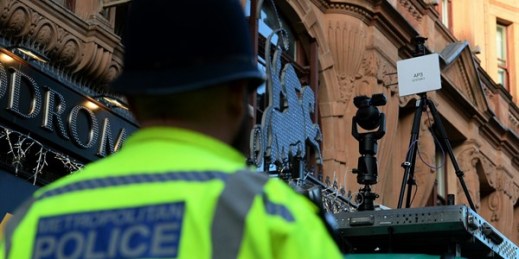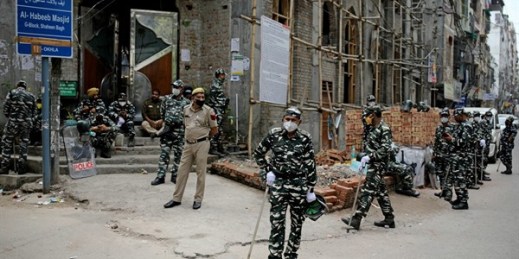
The growing prevalence of facial recognition technology in authoritarian countries like Russia and the United Arab Emirates, which use it to monitor activists and suppress dissent, has raised increasing alarm among human rights advocates. Perhaps the most egregious example is in China, where the government has used facial recognition technology to racially profile Uighurs, a predominantly Muslim ethnic minority that is concentrated in Xinjiang province, and forcibly lock them up in internment camps. But authoritarian countries are not alone: This technology is now being harnessed for law enforcement and surveillance purposes in many democracies. Last month, for example, India’s government […]

